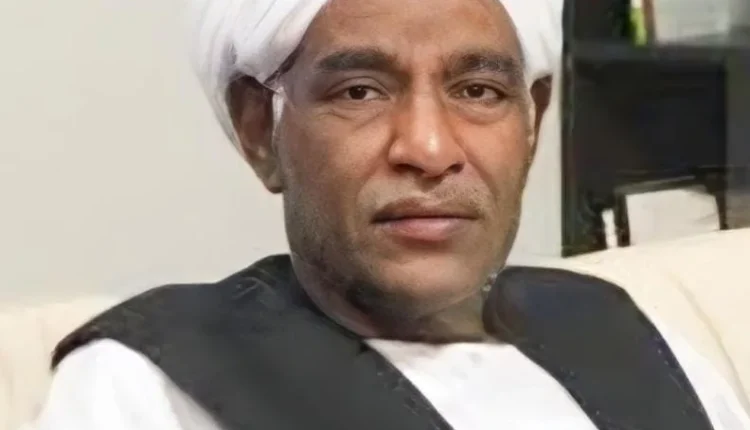Wake-Up Call to All the People of Sudan

By Mahjoub Fadl Badri
The late Sheikh Mirghani Mukhtar, may God rest his soul, used to jokingly tell the students who regularly attended his religious gatherings in Atbara: “Death is harsh—you won’t truly know it until you taste it!” Some would murmur, “So, have you tasted it, our Sheikh?” And may God have mercy on my sheikh Abideen Idris Saleh, who used to pray after every prayer, saying, “Oh Allah, make us ready for death, and make death gentle for us, and grant us peace and joy in it.” At that point, the late Mohamed Abu Bakr would lower his hands and say, “Sheikh Abideen, why so soon? It’s still early for us.”
I remembered these small but meaningful anecdotes when the terrorist militia of the Dagalo clan ignited their war against the nation, its people, its trees, and its stones—killing indiscriminately, with no regard for young or old, women or men. Death became a cheap commodity, and lives were taken without justice. If one didn’t die from the violence, they died from sorrow or lack of access to medical care. There was no longer honour in burial, and may God’s curse be upon the oppressors. The question changed from “Who died?” to “Who hasn’t?”
Much has been said about the lessons learned from this war—which we loathe—but perhaps you hate a thing that is good for you. Many Sudanese never imagined, even in their worst nightmares, that our country would become a land of blood and warfare. But death bore down heavily upon them, the land grew tight despite its vastness, and their souls even tighter. Even neighbouring countries grew weary of us. And so, they turned back to God, mustered their strength, and rose up to defend the soil of their homeland and the honour of their women. Each gave what they could—many offered their sons, two, three, even four at a time, and sacrificed their wealth. Only traitors, hypocrites, and accomplices of the criminal looters abstained.
The Sudanese Armed Forces bore the greatest burden, as always, holding their ground in the depths of the battle. They achieved victory after victory across the country—in the East, West, Central, and Northern regions. The Dagalo militia won not a single honourable battle, relying instead on betrayal and cowardice, aided by some foolish collaborators. The battles continue now around El Fasher, but this criminal militia will never take the “butter from the lion’s nose”—whether time is short or long, by God’s will and strength.
Now, convoys of returnees are trickling back to Sudan, after tasting the bitterness of displacement and the humiliation of being refugees. Their throats choked on the degrading treatment they endured abroad, and they came to know the true value of their homeland. The first of many hard-earned lessons is: Nothing compares to home. Even if the alternative was paradise on Earth—”Even if it were Heaven itself, nothing is equal to the homeland.”
It is now imperative for every patriotic Sudanese to return to their country with a renewed spirit—no more laziness, no more dependence, no more sloppiness in dealing with foreigners without strict legal procedures. Every one of you is responsible for the security of this nation. No soldier is more privileged than a civilian when it comes to enforcing the law—only patriotism distinguishes them. Security is a precious commodity, and every citizen must pay the price for it to be maintained.
In rebuilding our country, we must rely on ourselves—not on foreign labor. We do not want to see foreign construction workers who have become like poisoned daggers on the nation’s side. Nor do we want to see farmhands who have overtaken the Gezira in a moment of heedlessness. We’ve seen horrors in some of the kanaabi (settlements), too painful to describe. This is not a blanket accusation—some among them are honourable Sudanese, even if they are not originally from Gezira. But foreign presence has become overwhelming. There can be no more leniency or tolerance after people have come to truly understand how harsh death is—and have tasted it fully.
“Nūbat Saḥyān” is the military bugle call at first light, signalling the start of the day. And since the entire nation has now become part of the army, the people must wake up early, with purpose and resolve. No more dawdling, no more wasting the morning in idle chatter. No more sitting at tea stalls, washing cars or clothes, or loitering at street kiosks selling snacks. These marginal occupations are the root of our affliction—without exception.
Shortlink: https://sudanhorizon.com/?p=5293

